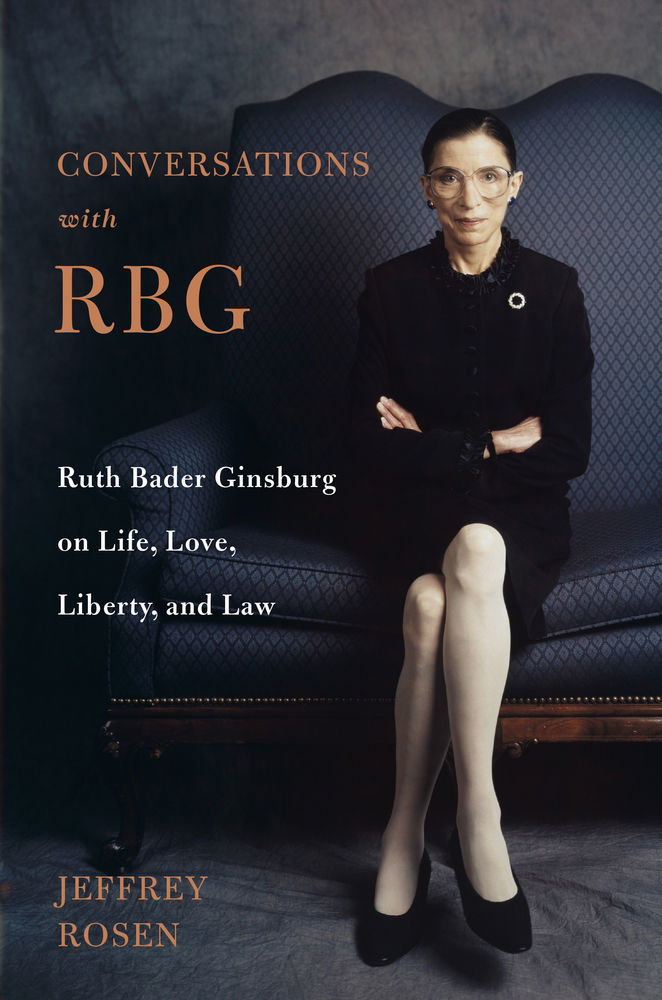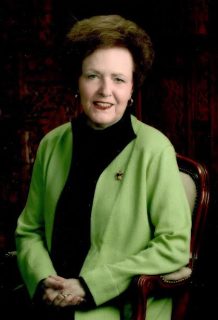Book review: ‘Conversations with RBG’
Published 12:00 am Sunday, November 17, 2019

- BOOK REVIEW
”Conversations with RBG: Ruth Bader Ginsburg on Life, Love, Liberty, and Law” by Jeffrey Rosen. Holt. 259 pp. $28. Review provided by The Washington Post.
One of the final chapters of Jeffrey Rosen’s “Conversations With RBG” reads like a liberal dream sequence. On a summer weekend in Cooperstown, N.Y., an elegantly attired Ruth Bader Ginsburg emerges, operatically, at the top of a grand staircase. She whisks Rosen and a select few others to two operas (naturally), a Native American art exhibit and a visit with Margaret Atwood of “The Handmaid’s Tale” fame.
Pause a moment to get past your jealousy. As the justice herself points out in “Conversations,” envy is not a productive emotion. And this is more than Rosen living his best life. Before the weekend is over, he will pull out his iPhone to record a provocative after-dinner interview in which Ginsburg reveals her prediction on how Roe v. Wade will fare in the newly configured Supreme Court.
The book, featuring excerpts from a dozen Ginsburg and Rosen onstage dialogues supplemented by Rosen’s context-infusing essays, will surely entice the many who can’t get enough of our country’s most meme-able jurist.
It’s not for nothing that Ginsburg and her favorite Q&A partners (of whom Rosen is second only to NPR’s Nina Totenberg) sell out law school auditoriums, amphitheaters, even Little Rock’s Verizon basketball arena. But readers who come for RBG’s Greatest Hits will end up getting something richer: At its best, “Conversations” makes you feel like a student in the world’s coolest law school seminar, with Ginsburg and Rosen deftly leading you through constitutional clauses and case law to elucidate how the court works and why it matters.
The pair met in 1991 on an elevator at the U.S. Court of Appeals for the D.C. Circuit. Rosen was an eager young law clerk and Ginsburg a judge on her way back from a Jazzercise class. Rosen seized the moment, engaging the notoriously non-chit-chatty Ginsburg in a conversation about the arts rather than the law. In the decades that followed, he cultivated the relationship to the point where Ginsburg has sometimes granted him access for his legal journalism and even officiated at his 2017 wedding to anthropologist Lauren Coyle (Ginsburg edited the draft vows, replacing “you may kiss the bride” with a feminist alternative: “You may embrace each other for the first kiss of your marriage”).
Rosen’s familiarity with his leading lady pays off. The two have an easy repartee that is engaging to read. When Ginsburg notes that the equal protection clause, the instrument she used to fight for gender equality, appears in the same amendment (the 14th) that introduced the word “male” into the Constitution, Rosen asks: “This is why you’re not an originalist?” “I am an originalist,” the justice shoots back. “I think we’re constantly forming a more perfect Union, which is what the Founders intended.”
Some of the biographical anecdotes here are well-known to RBG obsessives. The marital advice a young Ruth got from her mother-in-law – “It helps sometimes to be a little deaf” (RBG translation: “If an unkind word is said, you just tune out”) – is wisdom she’s shared widely, including with Jennifer Lopez and Alex Rodriguez on their prenuptial visit to her chambers in July.
More satisfying are Rosen and Ginsburg’s dives into the substance of Supreme Court jurisprudence. Rosen, a professor at George Washington University Law School and the president of the National Constitution Center, is as skilled as Ginsburg at laying out legal concepts for nonexpert readers without dumbing them down so far that an appellate litigator would scoff.
A highlight is the chapter on Ginsburg’s red-hot dissent in Shelby County v. Holder, the 2013 decision in which the court decided, 5-4, to strike down a section of the 1965 Voting Rights Act that had stopped states with a history of discriminating against African Americans at the polls from altering their voting rules unless they got approval from the federal government. In his majority opinion, Chief Justice John Roberts argued that this approval process, known as “preclearance,” was no longer necessary because Voting Rights Act violations had diminished. Ginsburg’s rebuttal included a one-liner that will go down in both judicial and internet history: “Throwing out preclearance when it has worked … to stop discriminatory changes is like throwing away your umbrella in a rainstorm because you are not getting wet.”
It’s familiar terrain by now, but Rosen and Ginsburg dig into it with verve. In a tightly packed conversation, they briskly take us through the key provisions of the Voting Rights Act, Ginsburg’s mischievous characterization of the Roberts court as one of the most activist ever (because of its willingness to overturn federal legislation) and a condensed history of Supreme Court dissents that have ultimately become the law of the land.
The Shelby discussion is leavened by one of the book’s several LOL moments, as the two go back-and-forth on their favorite RBG T-shirts. Rosen mentions “What Would Ruth Bader Ginsburg Do?” Ginsburg counters with “You Can’t Spell Truth Without Ruth.”
Rosen devotes several passages to a Ginsburg position less popular with her lefty fangirls: her criticism of the 1973 Roe v. Wade abortion rights ruling. Ginsburg’s views are well articulated here: that Roe invited a backlash by jumping ahead of state legislatures and that it might have been stronger if decided on equality rather than privacy grounds. In any case, the heat she generated among feminists in the 1990s cooled substantially as she proved herself a staunch reproductive-rights defender on the bench.
As for Roe’s future? Spoiler alert: Ginsburg foresees it holding. “We have no crystal ball,” she says, “but a second direct confrontation may be ahead” following 1992’s Planned Parenthood v. Casey. “If so, the odds, I think, are in favor of it not being successful.”
Even the incessantly optimistic Ginsburg is less sanguine about the chances of the court taking the reins on out-of-control gerrymandering. And she’s downright alarmed about the role of money in electoral politics after the majority ruling in Citizens United v. Federal Election Commission.
But for the legally minded progressives who’ve already added it to their Hanukkah wish lists, “Conversations” is anything but a downer. Ginsburg, 86, speaks of her cancer battles this term with inspiring toughness: “The best thing for me was to sit down with an opinion draft, stop thinking about my discomforts, and just do the work.” And she lets drop a commitment to give a talk in Omaha in August 2020. For those who don’t have Rosen’s good fortune to join her at an opera, the vision of an energized RBG zipping around the country right up to the next presidential election makes for a pretty nice liberal dream sequence, too.
Julie Cohen directed the Emmy Award-winning documentary “RBG,” along with her filmmaking partner Betsy West.






